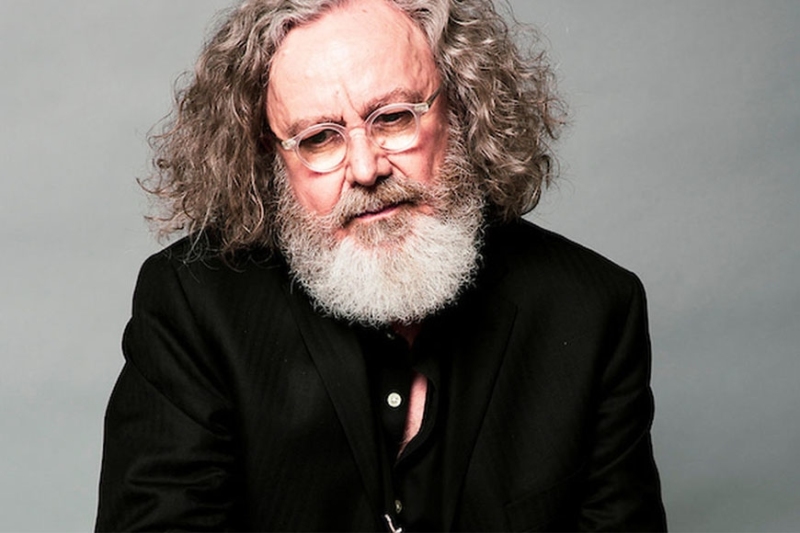James Dillon
Composer

How distinct is your inner conception of a work before you set about composing it?
For me, starting a new work means entering a labyrinth. For example, it may simply begin with a sensation that calls for form. Form for me means not only arranging material, but it means an adventure, a quest full of risk, a search for the ontological breath of the material. The effects of a musical language defy conceptual definition and cannot be reduced to a concept. Occasionally there may be a hint of “clarity,” but often entering the labyrinth forces a letting go of all concepts.
What does new music need to win the love of the audience?
Unfortunately, there are no easy answers to this question. At least not without addressing the content and goals of our educational systems, which are dominated by utilitarianism and superficiality.
What would be your dream of concert life – today and in the near future?
As soon as concert life becomes just another commodity, then it becomes irrelevant and loses intensity. To quote Guy Debord, today’s condition is the historical moment “in which the commodity completes the colonization of cultural life.”The challenge for cultural institutions is to actively understand this condition as such. An understanding that first recognizes the futility of the hunt for the disposable and understands both stability and rupture as part of change. Western cultural institutions need to transform the pressures of the constant obsession with novelty, which often manifests itself simply in the form of the latest gimmick, for themselves and enter into a deeper relationship with their own tradition.